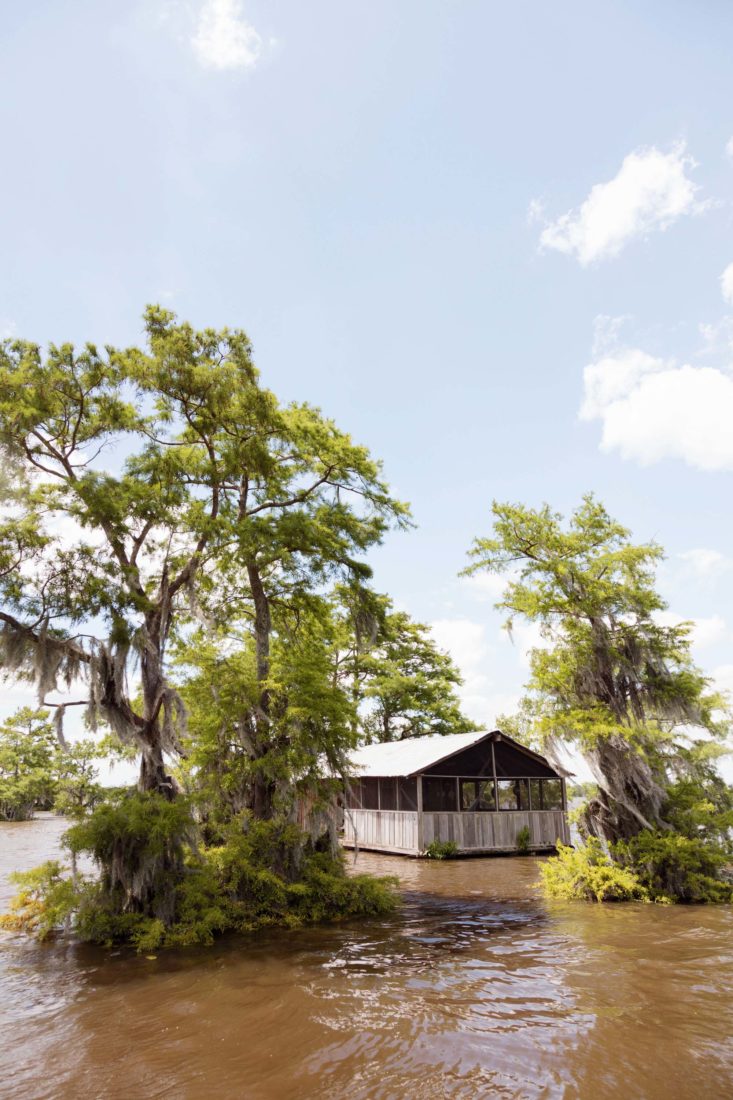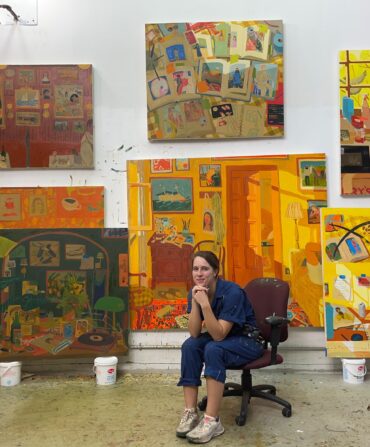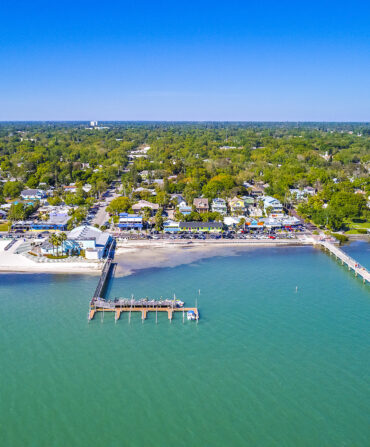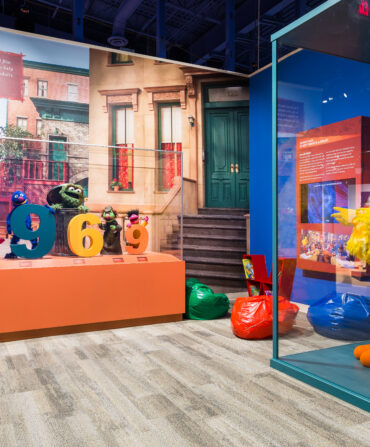We cross the Florida line at noon, thundering through forests of spindly back-road pines. Tar snakes slither before us, gluing the road together in kinks. We’ve been circling Georgia’s Okefenokee Swamp—the most primeval of Southern wilds, which survived the drainage attempts of former Confederate officers and the ravages of forest fires said to rain ash and smoldering moss on towns downwind.
It’s 1999. Spring. I’m sixteen years old. My father and I are riding our motorcycles in echelon, our boots kicked out on the pegs. We’re on the way to my grandmother’s house, around the swamp and across the Panhandle, to Fort Walton Beach.
My father loves to strike out riding for the coasts of Florida where he grew up. He follows serpentine byways and dead-straight alligator alleys, finding his way to little-known fishing villages, the last bastions of Old Florida where shrimp boats sit on blocks and canned beers slide across plywood bars and people watch the sun crash into the Gulf of Mexico. During his lifetime, these villages will give way at a dizzying clip to high-rise condominiums and golf carts; he’ll be forced to look ever harder for the Florida he once knew.
Sometimes he rides across the Alabama and Mississippi coasts to New Orleans, never taking the interstate. No, he follows the same highways he took as a younger man, night drives along U.S. 90 when my mother rode shotgun, the moon dashing off the water at Mobile, Pascagoula, Biloxi, Gulfport. The white sands blazing right there alongside the road.
I don’t know it yet—I won’t realize it for nearly twenty years—but this 1999 ride is to be my indoctrination into the American road trip, and the first of my journeys along the Gulf Coast, a path that will wear a deep groove in my heart. Years later, I’ll make this drive on the high of my first book tour, headed for Octavia Books in New Orleans, and I’ll make it again later that year, in the June heat of my AC-less car, looking for a new place to write. I’ll make the trip every year to see my NOLA family—my aunt and several close friends—and it’s the ride I’ll complete in honor of my father after his death. It even became the basis of Wingwalkers, my novel in which a pair of Depression-era barnstormers coax their dilapidated biplane across the Gulf Coast, headed for a rendezvous with William Faulkner in New Orleans.
Maybe that’s just how books come to light. They’re born from truth, sprung from our deepest places.
This past February I made the trip again, only in the opposite direction. After nearly a year of the pandemic, our little family here in Savannah was craving the road. But three dogs and two adults don’t fit so well on a motorbike. In Texas, just outside Houston, I’d found the answer, a 1994 GMC camper van. Yes, it was more than twenty-five years old, but it was in the budget, outfitted for travel, and driving it home, I’d pass right through the country of my own history and heart.
Five hours after landing in Houston, I was on the road in the new rig, rumbling over the Sabine River into Louisiana. I passed the smoking refineries around Lake Charles, strangely pretty in the early dusk, and then I was riding high over the watery expanse of the Atchafalaya Swamp, looking down at the fishing camps floating beneath the interstate.
Dawn found me passing the Tiger Truck Stop just west of Baton Rouge, where I’d once seen the poor mascot that inspired my novel Pride of Eden. A barefoot man had gotten out of his truck next to me, squinting at the caged tiger. “I ain’t realized there was two of them!” he said. There weren’t.
This time I didn’t stop. I had a drive-by visit with a friend in New Orleans, then I chugged on in the slow lane, feeling a little guilty for the comfort of the captain’s chairs, the ease with which I could park nearly anywhere and spend the night. Most of my Gulf Coast road trips have been on motorcycles, in cars without AC, or in the open cockpit of an imagined biplane, with the wind blasting my face and little idea where I might spend the night. To me, that’s the magic of the American road trip—the undiscovered, the unexplored. The search for supper and a place to lay your weary head.
I thought back to ’99, when we struck the Big Bend of Florida. We’d planned to stop halfway to my grandmother’s house, but we’d forgotten it was spring break, the coast flooded with college kids in swim gear and plastic wristbands, the neon NO illuminated on all the motel vacancy signs. We had to keep on riding.
Twenty-two years later, eastbound in the van, I was trying to make DeFuniak Springs for the night, just thirty miles from my grandmother’s old house. Though I didn’t realize it, I was slowly converging with those two riders of my past, a father and a son riding west.
Legend has it a meteorite made Lake DeFuniak, the nearly circular lake at the center of town. I wanted to stay at the Hotel DeFuniak, built in 1920—a taste of bygone Florida, in honor of my old man. I arrived at dusk to find I’d be the only guest that night. When the manager asked what room I wanted, I jokingly replied that I just didn’t want one of the haunted ones. He raised an eyebrow. “Ah, then you know the history of this place?”
My smile hung on my face. I did not. Nor did I want to know—not until the next morning, at least. Still, I felt this rendezvous was meant to be. I’m a storyteller, after all, and here in Walton County, near the terminus of my first real road trip with my father, I felt undaunted. Besides, I had a van to jump in if things got too hairy.
The halls were long and narrow; my footsteps echoed. I had a powerful dose of Wild Turkey before bed and got to sleep without a hitch. I woke once in the middle of the night, and I did hear things I can’t readily explain. Footsteps on the ceiling, eerie sounds through the walls. The groans of century-old cypress timbers, perhaps. Perhaps something else. I kept my eyes closed and thought back to that trip in ’99.
In my mind, we were crossing the long bridge into Apalachicola again, the dark fortress of a thunderhead pulsing and cracking in the dusk, its ramparts fissuring in webs of lightning. The string lights of the Gulf Coast lay before us, a whole galaxy wired along the thin edge of the continent. I was riding one-handed, hunched over the gas tank, saddle-sore, while my father rode straight-backed, unbowed by hours or miles. His arms held high, his boots kicked wide.
We made it to my grandmother’s house just before midnight. We’d done some five hundred miles. I was dazed and aching, and I’ll remember that moment for the rest of my life. I felt I’d earned something that day, a story or vision, and it’s one I revisit again and again. I returned to it that night at the Hotel DeFuniak: the pair of us streaking over the cold gunmetal of the bay in echelon, outrunning the storm. My father’s taillight glowing like a beacon in the falling dusk, red-bright, showing me the way.
I fell fast asleep among the ghosts of Old Florida, ready for the next leg of my journey.








